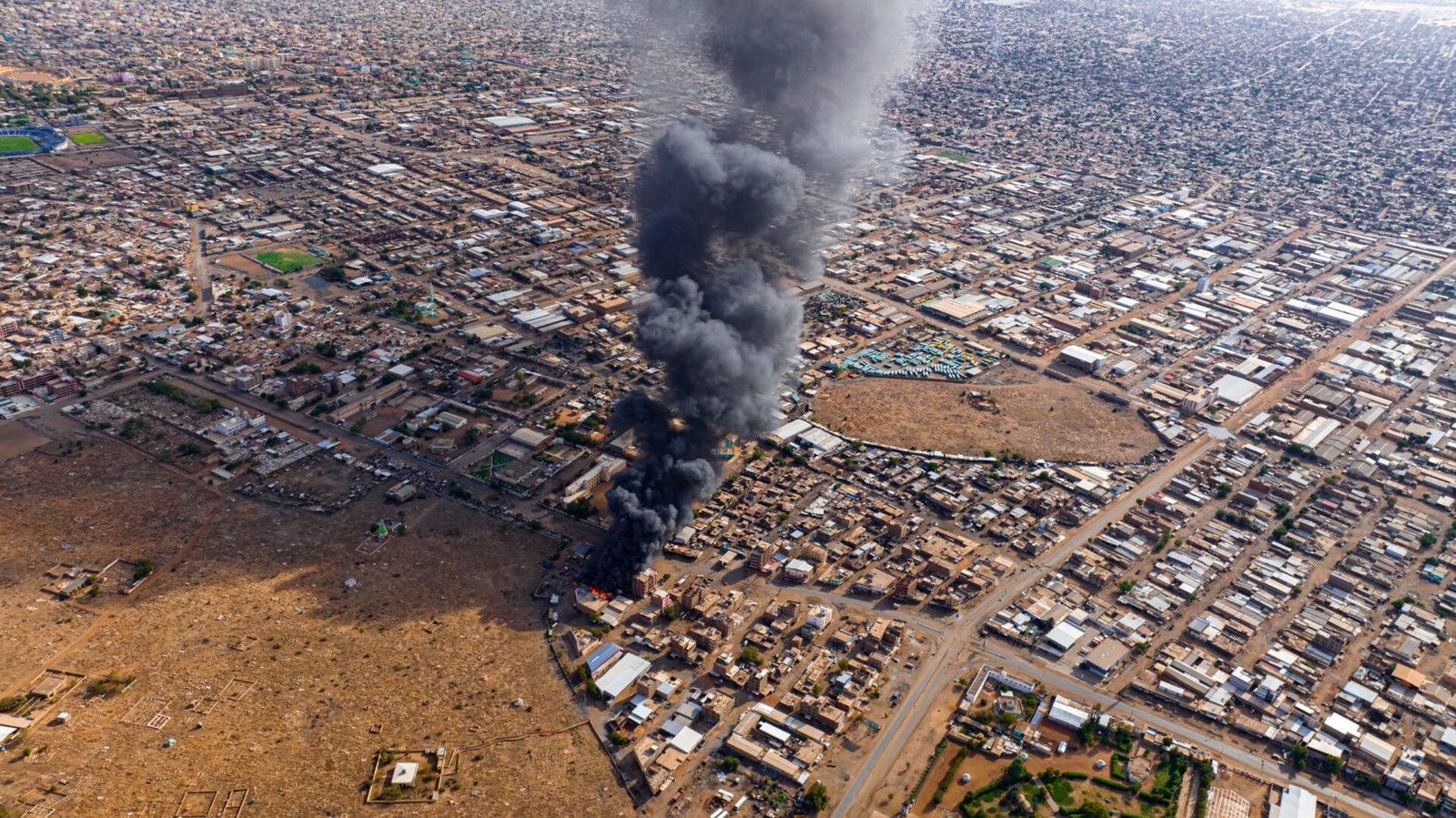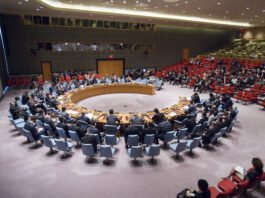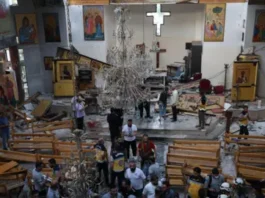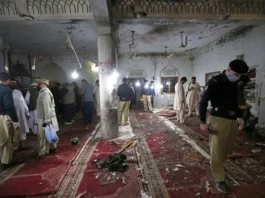Overview of the Sudan Conflict
The conflict in Sudan has escalated significantly since its inception, now predominantly affecting the regions of Darfur and Kordofan. As the situation transforms, El Obeid has emerged as a pivotal flashpoint within this crisis. Reports indicate that the Sudanese Armed Forces (SAF) and the Rapid Support Forces (RSF) have engaged in indiscriminate attacks that have devastating humanitarian implications for the local population. Aerial assaults, drone strikes, and direct attacks on civilians and medical facilities have become alarmingly common, exacerbating the humanitarian catastrophe already facing millions.
The bombardment on civilian areas has not only resulted in extensive loss of life but has also destroyed critical infrastructure, rendering access to essential services nearly impossible for those affected. As humanitarian organizations strive to provide relief, the worsening security situation complicates their efforts. Both SAF and RSF have been reported to block access to aid, creating severe shortages of food, water, and medical supplies, thus deepening the humanitarian crisis.
Humanitarian Crisis in Sudan
The ongoing conflict in Sudan has precipitated a severe humanitarian crisis, characterized by alarming statistics and devastating conditions for the civilian population. Currently, approximately 80% of health facilities located in conflict-affected areas are rendered non-operational. This significant disruption of medical services has resulted in a dire need for medical assistance, placing an enormous strain on the remaining healthcare resources available to the public. Furthermore, there have been over 540 documented attacks on medical infrastructure, which have severely hindered efforts to provide care to those affected by the violence.
The humanitarian landscape is further exacerbated by the increase in sexual violence, with reports indicating that women and children are particularly vulnerable in this tumultuous environment. The recruitment of children into armed groups has become an alarming trend, with thousands of minors being forced to participate in the conflict. Disturbingly, incidents of horrific atrocities, including rape of infants and children, have been documented, highlighting the urgent need for humanitarian intervention and protection for vulnerable populations.
Today, over 15 million individuals are in desperate need of assistance in Sudan, facing challenges such as food insecurity, lack of shelter, and inadequate medical care. Despite the severity of the crisis, the Sudanese Armed Forces (SAF) are reportedly obstructing famine declarations which serve as vital mechanisms for international aid delivery. This interference not only complicates relief efforts but also exacerbates the ongoing starvation crisis affecting millions of people. With escalating violence and a deteriorating humanitarian situation, it is imperative that the international community recognize the urgent need for de-escalation and the provision of humanitarian aid to safeguard the lives and dignity of those affected by the conflict. Each day that passes without effective intervention results in further suffering for the already vulnerable population of Sudan.
International Response and Calls for Action
The ongoing crisis in Sudan has elicited a range of responses from the international community, characterized by both urgency and complexity. The United Nations has been particularly vocal in advocating for an immediate humanitarian pause to facilitate the delivery of essential aid and allow for the evacuation of civilians trapped in conflict zones. This pause is deemed necessary to address the escalating humanitarian needs resulting from the conflict, which has significantly deteriorated the living conditions for millions in Sudan.
Despite the UN’s efforts, the response from member states, particularly within the Security Council, has been marked by differing priorities and positions. Some members have called for stringent enforcement of arms embargoes against parties implicated in the violence, arguing that such measures are crucial for holding the perpetrators accountable for war crimes. However, there are stark divisions among Security Council members regarding the implementation and effectiveness of these measures. Some nations appear to prioritize their geopolitical strategies and interests over immediate humanitarian concerns, sometimes leading to allegations of complicity or tacit support for certain factions within the conflict.
This complex interplay between strategic interests and humanitarian needs has been a focal point of criticism directed at external actors involved in the Sudanese conflict. Observers argue that while some countries advocate for humanitarian assistance, they simultaneously engage in actions that may exacerbate the violence. Such contradictions highlight the intricacies of international politics and the challenges in forming a unified approach to address the humanitarian catastrophe in Sudan. As the situation evolves, the international community must navigate these complexities, focusing on de-escalation and supporting the humanitarian efforts essential for the affected populations.
Diplomacy Attempts and Council Divisions
In light of the escalating conflict in Sudan, there have been recent diplomatic efforts aimed at fostering a resolution through engagement and dialogue. A pivotal moment occurred with the swearing-in of a new Prime Minister, who has pledged to prioritize national reconciliation and implement anti-corruption reforms. This leadership change represents a significant opportunity for renewed negotiations and attempts to build trust among the conflicting parties. The Prime Minister’s commitment may pave the way for a more inclusive political process, which is essential for addressing the underlying issues that have led to the ongoing violence.
Furthermore, the role of international diplomacy has been marked by the engagement of the United Nations’ personal envoy, Ramtane Lamamra. His efforts to engage with both government and opposition factions highlight the importance of dialogue as a means to de-escalate tensions and work towards sustainable peace. However, the complex landscape of international relations complicates these initiatives; varying interests among global powers have resulted in divisions within the UN Security Council regarding the appropriate response to the crisis. While Western nations advocate for imposing sanctions on key figures contributing to the violence, countries such as Russia and China resist external interference, advocating instead for non-involvement and respect for Sudan’s sovereignty. This dichotomy has stifled the Security Council’s ability to present a unified front, potentially hindering effective resolutions.
Compounding these diplomatic challenges are significant funding shortfalls within the humanitarian response plan for Sudan. The urgent need for resources to assist the displaced and affected populations underscores the ongoing nature of this conflict. Without adequate support and a coherent strategy for both immediate aid and long-term peace-building efforts, the cycle of violence and humanitarian crises is likely to persist, emphasizing that a comprehensive resolution pathway is imperative for Sudan’s future stability.




